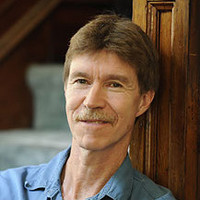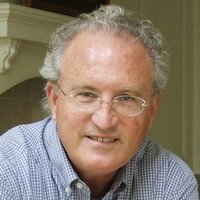Lulu Miller is a former producer at Radiolab and a co-founder of Invisibilia. Her new book is Why Fish Don't Exist: A Story of Loss, Love, and the Hidden Order of Life.
“I think almost every radio story I’ve ever done comes down to the question of me trying to ask a person how they get through this life thing. How they get through this breakup. How they get through being disabled in a family that's crushing them. How they get through having a head that's poisonous. Every story is just, Oh, what's your trick?”
Thanks to Mailchimp, Literati, and Pitt Writers for sponsoring this week's episode.












